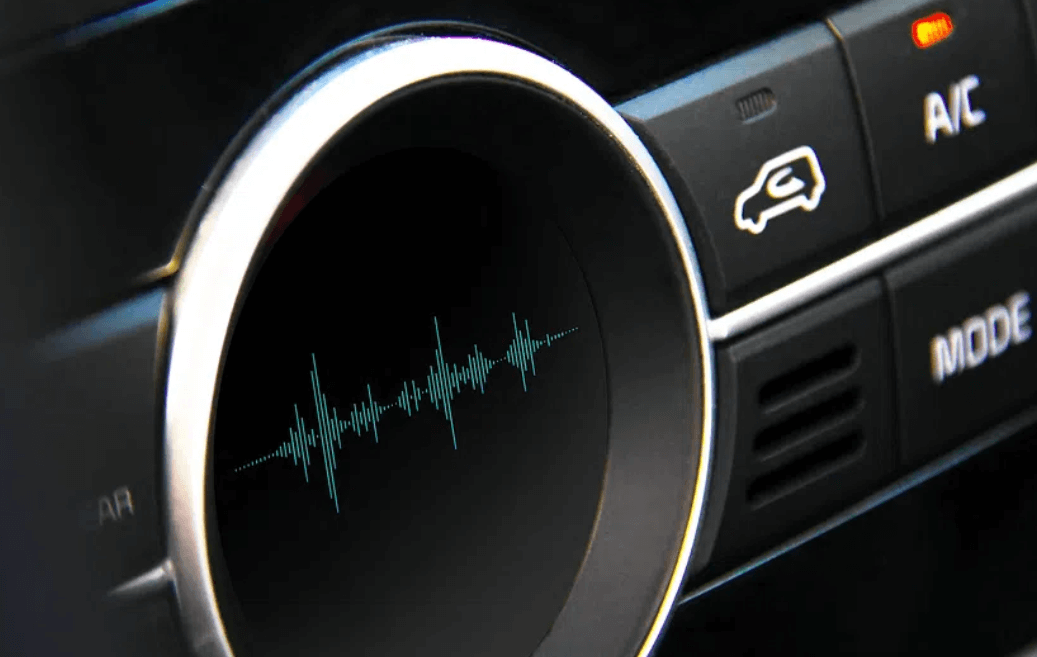
Driving along a scenic road, the sun setting on the horizon, and your favorite song playing in the background – a picture-perfect moment, right? Now, imagine the same scene, but your car speakers suddenly start crackling. Instead of enjoying the melody, you’re left wondering: why are my car speakers crackling? It’s a frustration shared by many car audio enthusiasts. If you find yourself in this situation, understanding the root causes can guide you toward a solution. In this article, we’ll explore the common culprits behind those annoying crackling noises and how to remedy them.
Possible Reasons Why Are My Car Speakers Crackling
Blown Speakers: Perhaps the most common reason behind crackling sounds. When a speaker’s cone deteriorates or gets damaged, it can’t produce sound cleanly anymore. This wear and tear can result from age, playing music too loudly, or physical damage.
Poor Quality Music Files: If you’re playing low-bitrate music files, they may inherently contain sound artifacts that manifest as crackles or hisses. Always ensure your music files are of good quality, ideally 256 kbps or higher.
Faulty Wiring: Wires that are frayed, corroded, or not adequately connected can interrupt the flow of audio signals. This disruption often produces a crackling sound in the speakers.
Loose Connections: If the wires connecting the stereo system to the speakers are not secured, they can cause intermittent signal loss, leading to crackling.
Deteriorated Speaker Surrounds: The flexible ring (usually made of rubber or foam) that attaches a speaker’s cone to its frame can deteriorate over time. This can cause the speaker to vibrate unevenly, resulting in crackling.
External Interference: Devices like cell phones, satellite radios, or other electronic gadgets can sometimes interfere with your car’s audio system, causing disruptions like crackling.
Faulty Head Unit: The primary unit (or stereo) can develop internal faults, especially in older models. This can lead to sound distortions, including crackling.
Amplifier Issues: If your car has an amplifier, any issues within it—like overheating or internal component failure—can result in crackling noises in the speakers.
Aged Capacitors: Capacitors in the car’s audio system can age and leak over time. When they no longer function correctly, they can cause sound distortions.
Grounding Issues: A poorly grounded audio system can introduce electrical noise into the system, which often manifests as a crackling sound.
Troubleshooting and Solutions:
Inspect Your Speakers: Begin by visually inspecting your speakers. Look for any visible signs of damage, especially on the cones and surrounds. If they look worn out, consider replacing them.
Check the Wiring: Examine the entire length of the wire connecting your speakers to the head unit. Replace any frayed or damaged sections.
Upgrade Your Music Files: Ensure you’re playing high-quality audio files. If you’ve been using low-bitrate files, upgrade to a higher-quality version.
Secure All Connections: Tighten any loose connections between the stereo system and speakers.
Reduce External Interference: Keep other electronic devices away from your car’s audio system. If you’ve installed any new electronic devices recently, test your audio without them to see if they’re the cause.
Check the Amplifier: Ensure it’s well-ventilated to avoid overheating. Also, inspect it for any signs of internal damage.
Test with a Different Head Unit: If you can access another head unit, use it to test your speakers. If the crackling disappears, your original head unit might be the culprit.
Seek Professional Help: If you’ve tried the above steps and still can’t identify the issue, consider consulting a car audio specialist.
Maintaining the Integrity of Your Car Audio System
After diagnosing and rectifying the crackling issue in your speakers, it’s essential to take measures to maintain the integrity of your car audio system. Preventing issues is easier (and often cheaper) than fixing them.
Regularly Inspect Your Audio Components:
Even if everything seems to be working fine, regularly inspecting the various components of your car’s audio system is beneficial. Check for any physical damage or signs of wear on the speakers, wires, and connections. This can help you spot and address potential issues before they escalate.
Avoiding Overdriving Your Speakers:
Pushing your speakers beyond their limits can cause both immediate and long-term damage. Make it a practice not to crank up the volume to the maximum, especially with tracks that have a lot of bass. The distortion you might hear when the volume is too high is a sign that you’re overdriving your speakers.
Invest in Quality Equipment:
If you’re passionate about your car’s audio experience, consider investing in quality equipment. Higher-end components are not only built to produce better sound, but they’re also constructed to last longer and endure the regular stresses a car audio system experiences.
Ensure Proper Grounding:
Electrical issues stemming from poor grounding can introduce a lot of unwanted noise in your audio system. Make sure the system is grounded to a clean, bare metal surface. If you’re unsure, consider having it checked by a professional.
Limit External Interferences:
Electronics, such as cell phones, can interfere with your car’s audio signal. Store devices away from the main audio components, and be observant. If interference patterns change (like when receiving a call), that gadget might be the culprit.
Regular Software Updates:
If your head unit or any part of your audio system relies on software, ensure you keep it updated. Manufacturers often release updates to fix known bugs or improve performance.
Educate Yourself:
While it’s not necessary for everyone to be an audio expert, having basic knowledge about your car’s audio components can be invaluable. It allows you to make more informed decisions, whether it’s about purchasing new components, diagnosing issues, or making adjustments for better sound quality.
As technology continues to evolve and offer better sound solutions, staying informed and proactive in maintenance can ensure you always get the best out of your tunes. Remember, the journey to impeccable sound isn’t just about addressing issues but also about continuous care and appreciation for the fine art of audio.
